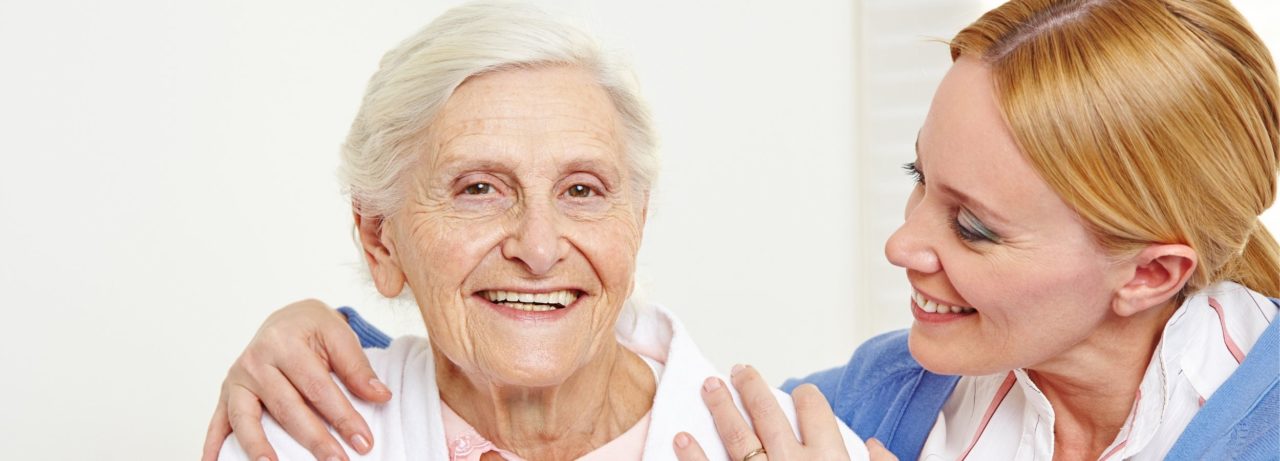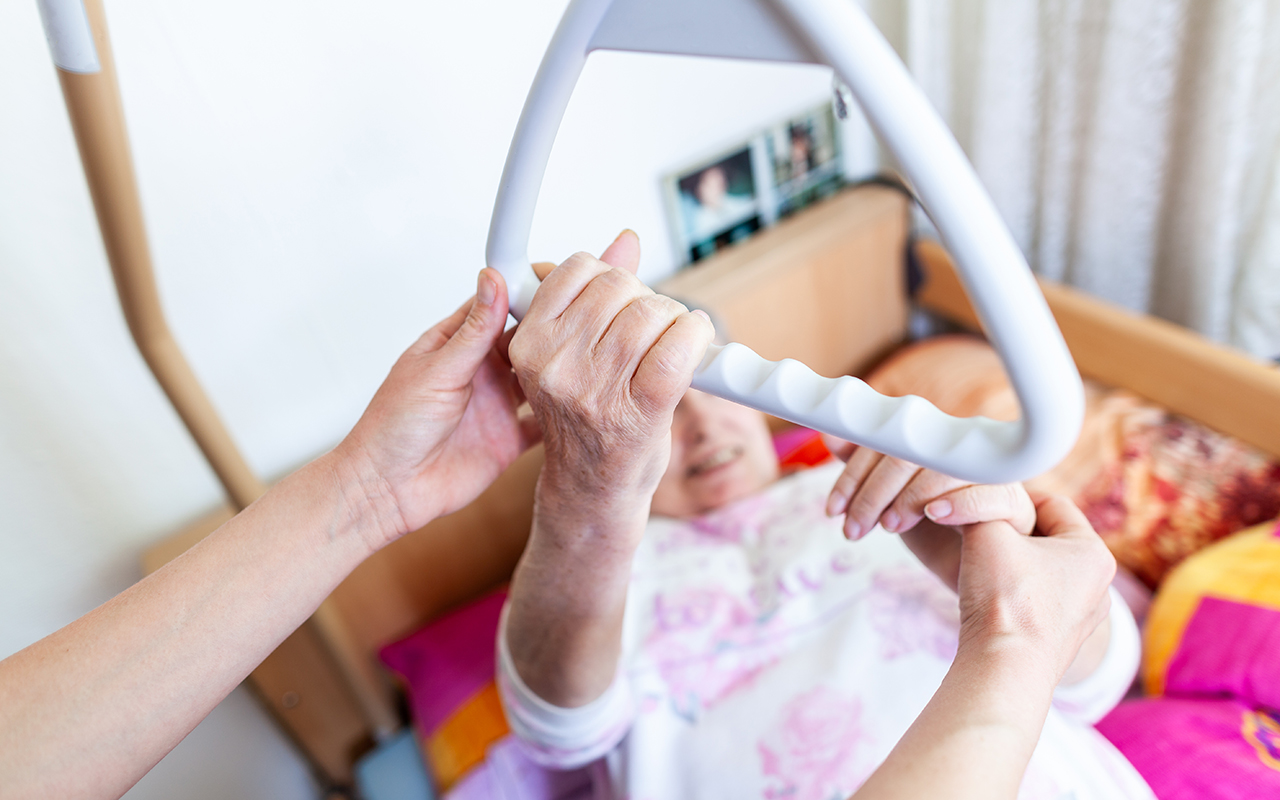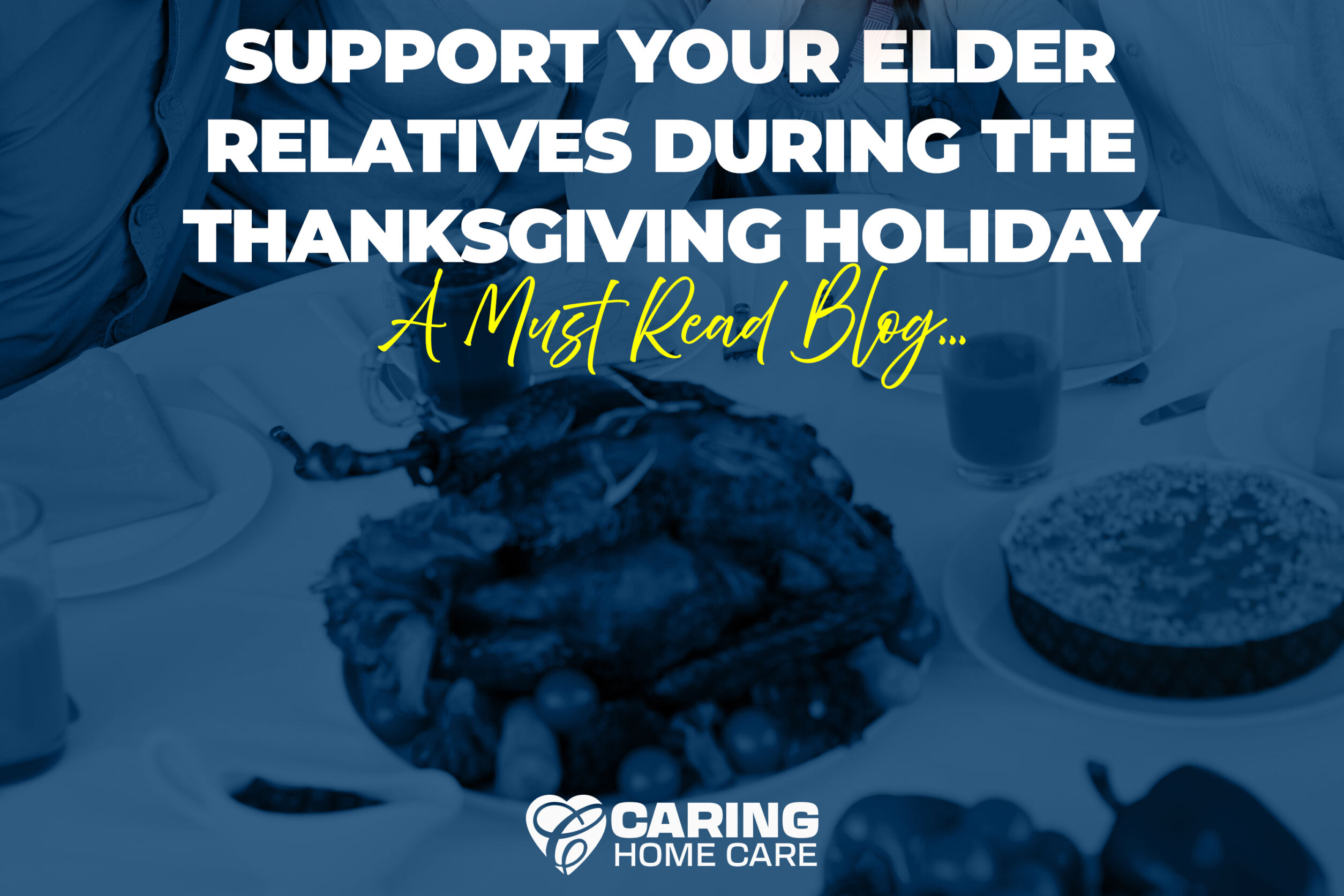Share
Stress, if left unmanaged, can take a toll on your aging loved one’s physical and mental health. Knowing how to spot signs of stress early on and identify the source will help you formulate an appropriate and effective response plan that includes stress management activities. Here’s what you can do to help an aging loved one cope with stress.
Observe a Healthy Diet
Healthy, nutritious meals are the building blocks of a competent immune system (which determines how well the body deals with stress.
Vegetables are a rich source of minerals such as copper, zinc, manganese, and vitamins A, E, and C (critical to regulating the body’s natural stress response. Be sure to double down on high-fiber foods as well if appropriate for your aging love one.
High fiber foods come loaded with potassium, which is associated with improved alertness and helps regulate stress hormones. Fruits also help improve your loved one’s brain functions and are a natural stress reliever.
Gentle Exercise and Spend Time Outdoors
Spending time outdoors in nature is a tried and tested way of managing stress in aging loved ones. A simple nature walk or 30 minutes of chair yoga will do more than induce a feeling of well-being.
Studies show that time outdoors can help lower blood pressure, heart rate, and stops the production of the stress hormone, cortisol.
Gentle exercise is a great way to reconnect, socialize and break away from the routine. Engaging your aging loved one in some physical activity has been shown to induce a feeling of wellness brought on by the body’s so-called feel-good hormones or endorphins.
Monitor Caffeine Intake
Swapping that mug of coffee for an extra hour or two of sleep has been shown to have a positive impact on seniors dealing with stress.
The relationship between sleep and stress is almost linear where lack of sleep has been observed to increase stress levels while stress has also been shown to influence the quality of sleep. Therefore, letting your aging loved one catch some Z’s is an assured and healthy way of helping them deal with stress.
It is important to remember that old age comes with a shift in cognitive ability, mood, stress response, and immune competence. Your elderly loved one may respond better to one form of stress management better than another. Place key emphasis on establishing the root cause of the stress and work towards finding solutions that are easier to implement and include in the cadence of the day.
Enlisting the assistance of a certified nursing assistant or home health aid can help to keep stress at a minimum for your loved one as these professional caregivers can provide help with daily chores, cooking, and recreational activities. Caring Home Care’s coordinators can identify what level of care is needed for your aging loved one and match them to a caregiver ready to assist.
How Caregivers Can Reduce Injury While Assisting Seniors Providing daily care for seniors is meaningful work. It can also be physically demanding. Many caregiver injuries happen during lifting, transferring, or repositioning seniors. These injuries are often preventable when proper techniques are used. Learning caregiver injury prevention strategies protects both the caregiver and the senior. It
Why Professional Home Care Is Safer Than Family Only Care Caring for an aging loved one is deeply personal. Many families step in with the best intentions. However, as care needs increase, family only caregiving can become overwhelming and risky. This is where professional home care plays a critical role. Professional caregivers are trained, experienced,
Connecting During the Thanksgiving Holiday: How to Support Your Elder Relatives The Thanksgiving holiday is a time filled with warmth, gratitude, and meaningful family traditions. However, for many older adults, it can also be a period of loneliness or emotional distance. This is especially true for seniors who live alone, have limited mobility, or are
Transition to In-Home Care: Helping Seniors Adjust Comfortably to Elderly Care Services Understanding the In-Home Care Transition The decision to begin in-home care is a big step for both seniors and their families. It often marks the start of a new chapter—one focused on safety, comfort, and support. However, the in-home care transition can bring
Need A Caregiver? Fill Out Form Below
With our competitive rates, we make receiving in-home care affordable regardless of whether you’re using your insurance or paying out of pocket.







